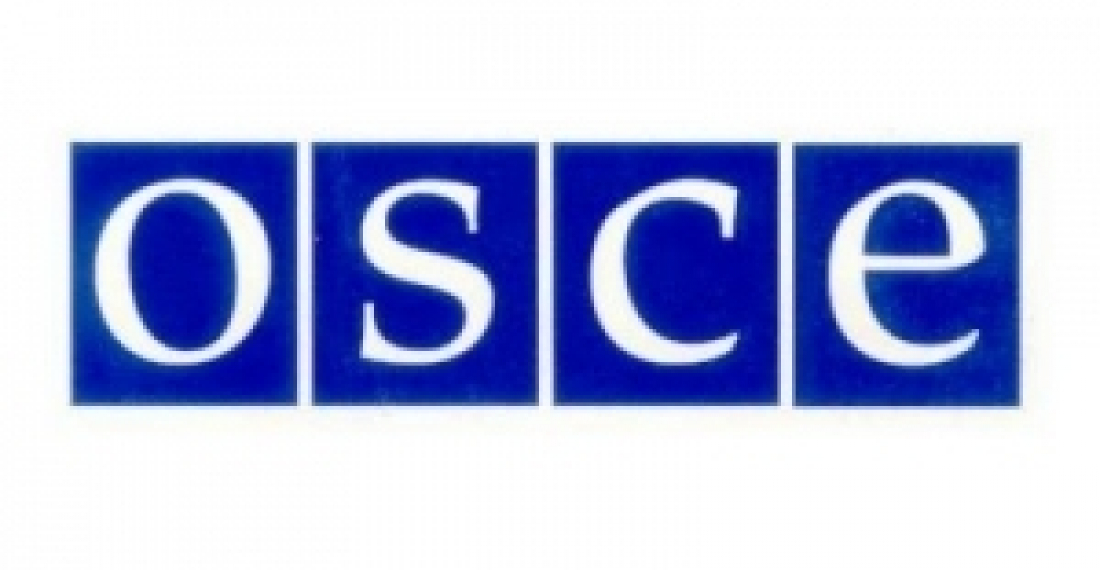Yerevan, February 19. ArmInfo.
The 18 February Armenian presidential election demonstrated improvements over previous presidential elections but the limited field of candidates meant that the election was not genuinely competitive, concluded observers from the OSCE Parliamentary Assembly in a statement released today.
"This election showed improvement, but lacked genuine competition," announced Tonino Picula, Head of the OSCE Parliamentary Assembly election observation mission. "We are pleased to note progress on several aspects, but competition is critical if Armenia is going to live up to the aspirations of its people for a vibrant and engaging democracy," Head of the OSCE PA election observation mission in Armenia, Tonino Picula (MP, Croatia) said.
The campaign was generally conducted in a peaceful manner and was well-administered, according to the observers. Important measures of transparency have been implemented, said the observers, who also noted significant efforts to improve the voter registry. Nonetheless, the mission noted, particularly at local levels, an unclear distinction between the campaign activities of the incumbent and state structures. These included misuse of administrative resources and pressure on public employees to participate in the election and campaign events. Media coverage enabled voters to inform themselves regarding the campaign. However, the decision by several influential political forces not to field candidates contributed to apathy and lack of trust among voters, said the observers.
The voting process was well organized in most of the polling stations visited, however the observers noted that the inking of passports did not provide the intended safeguard against multiple voting, as the ink could easily be wiped off. The Parliamentary Assembly of the Organization for Security and Co-operation in Europe deployed a limited election observation mission to Armenia following an invitation from the Armenia authorities.
This was the eighth observation mission deployed by the Assembly to Armenia since 1995.
By preliminary data from all the 1988 polling stations, the situation is as follows:
1. Incumbent president, Leader of the Republican Party of Armenia Serzh Sargsyan - 58,64% (861160 votes)
2. Leader of Heritage Party Raffi Hovannisian - 36,75% (539672)
3. Former Prime Minister Hrant Bagratyan - 2,15%
4. Leader of the Union for National Self-Determination Party Paruyr Hayrikyan - 1,23%
5. Political expert Andrias Ghoukassyan - 0,57%
6. Expert in epic Vardan Sedrakyan - 0,42%
7. Former FM of NKR Arman Melikyan - 0,24%
The turnout was 68.18% or 1 521 407 voters by preliminary data of the CEC.
ArmInfo: "This election showed improvement, but lacked genuine competition"
ArmInfo: "This election showed improvement, but lacked genuine competition"







